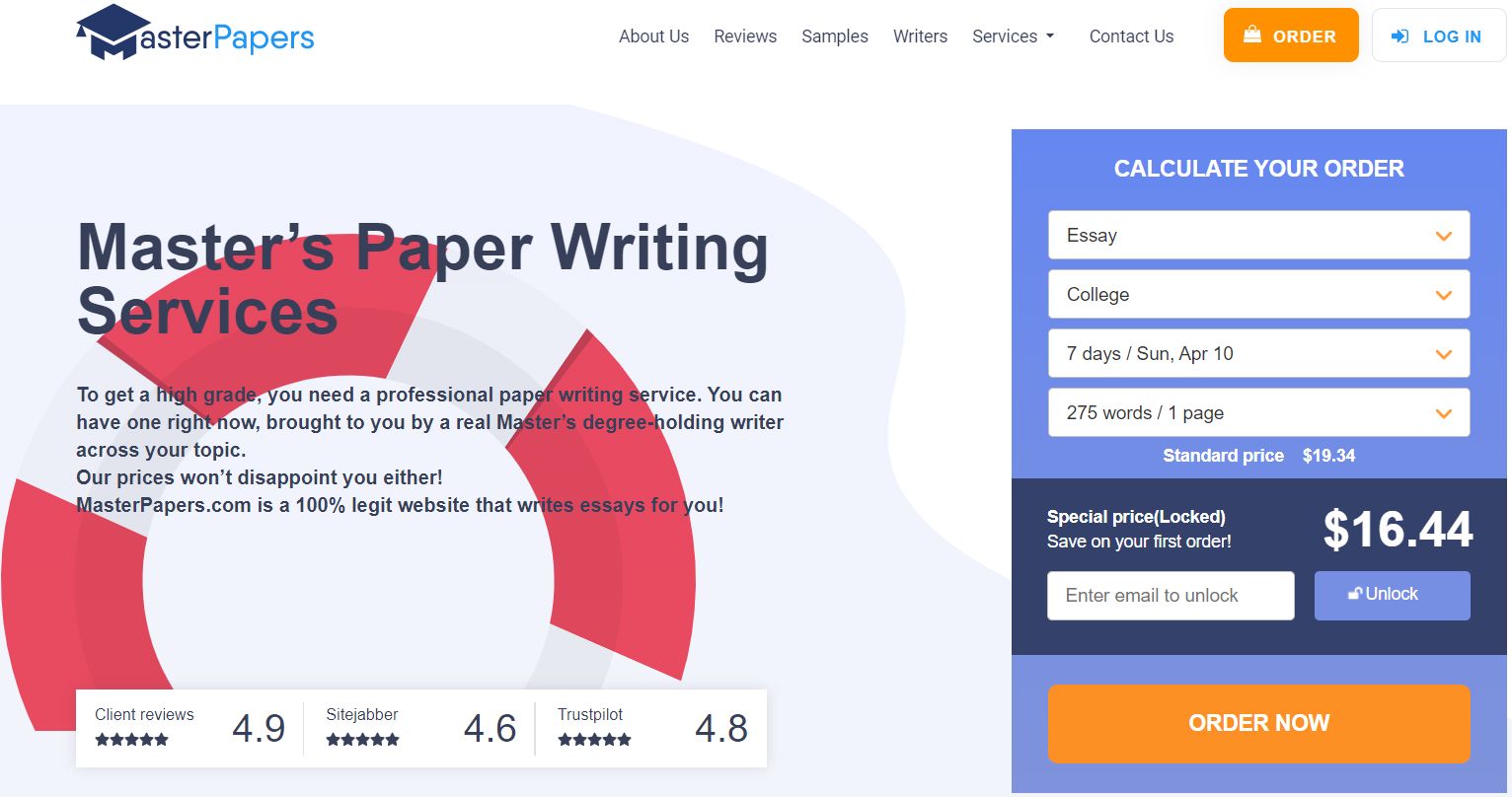TOP-5 Simple Tips how to Improve Your Essay Writing Skills
Publication Date: 24 January 2022
An essay is perhaps the most abundant academic writing task. As students, we all get to write essays during our high school and college years. The secret behind its popularity lies in the ability to quickly and relatively easily develop our writing skills. However, not everyone knows that there is actually much more to an essay than a simple academic writing tool. In essence, essay writing teaches us how to communicate with people effectively – the ability, which sooner or later becomes critically important in everyone’s life beyond academia.
Here are the 5 most simple, yet very effective tips on how to improve your essay writing skills

Plan Your Writing Carefully
Many students seriously underestimate essay writing. Just because most essay tasks are naturally short assignments (some may be as short as 250-300 words), this doesn’t mean that one can start writing chaotically. At its core, an essay is a well-structured piece of writing – it should always have an introduction with a solid thesis statement (an exception is a narrative essay type), the main body with key arguments and facts, and the conclusion. Moreover, the secret to a perfect essay is careful editing and proofreading, meaning that the writer should plan to have some free time in the end to polish the draft text.
Considering all of the above recommendations, one should prepare for writing an essay carefully. For example, by envisaging an interesting thesis statement, outlining a captivating introduction, bulletproof facts, and arguments, and by planning a sound conclusion.
Understand and Get Inspired by The Topic
Simplistically speaking, writing is what comes from inside our heads and hearts. One cannot write a fascinating piece of text without motivation and inspiration – it is a well-known fact among accomplished writers. As a student, you either select a topic for your essay or study the topic until you find something that resonates with your experiences and emotions. A huge part of success lies in our ability to wrap our brains around the given topic, see through the given problem and what a professor expects of us. In practice, it means spending time reading and rereading the given topic or a prompt. Ask yourself a few questions, e.g. do I understand the problem? Do I have enough facts, data, and information to start writing on this topic? Will my writing be unique and interesting for the reader(s)?
Mind Your Language
Planning and knowing the topic well do not guarantee success, not yet. Often, in oratory art classes, we get to hear that HOW we speak is usually as important as WHAT we say. The same is true in essay writing. How we write, and what kind of language we use, make up a significant part of our success. The following techniques are frequently applied:
- The maximum crispness and minimum wordiness (both in paragraphs and separate sentences);
- Academic language instead of colloquial and casual one;
- Avoiding clichés and words-parasites;
Get Your Grammar and Formatting Right
A few grammar mistakes, bad punctuation, and chaotic formatting can kill an otherwise great essay. Today there are hundreds of easily accessible online tools to check grammar, punctuation, and language style – choose the one you like and check all your essay texts before turning them to your professor. However, things are not as simple with formatting. First, if you are required to write in a particular referencing style (e.g. AP or MLA) – follow this single style throughout your entire essay text, don’t switch to other styles. The second piece of advice – mind your formatting, i.e. make sure you are using consistently formatted paragraphs, font style and size, page margins and table column sizes, etc. Also, it is very important to use the white space wisely – allow for enough breaks between your key thoughts, sentences, and paragraphs, as often too much text on a single page can obscure the reader’s attention.
Run the Final Plagiarism Checks
Plagiarism can be your hidden and unexpected enemy. Besides many instances of intentional plagiarism (when we fail to acknowledge and format the borrowed material properly), there are also frequent instances of so-called unintentional plagiarism. The latter is associated with an accidental match between our original thoughts and ideas and the ones available in other sources, in particular online. The all-powerful plagiarism checking tools regularly pick up instances of such accidental plagiarism and alert us of the potential originality problem(s). Be patient, and carefully check your final essay version for both intentional and unintentional plagiarism and either get rid of it entirely or quote those instances properly.






